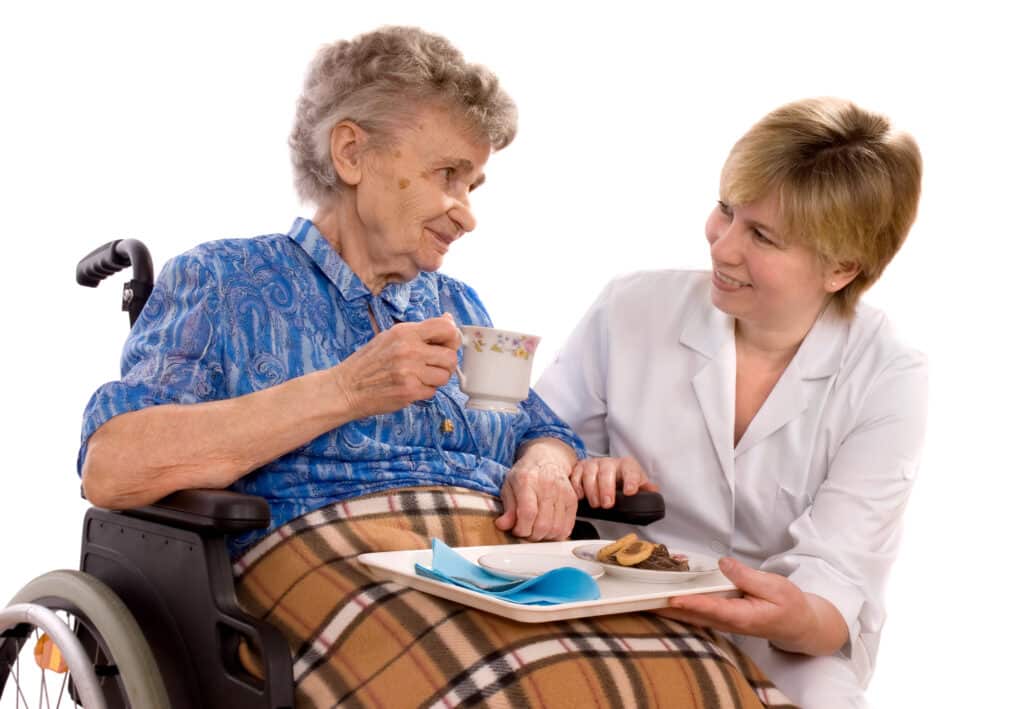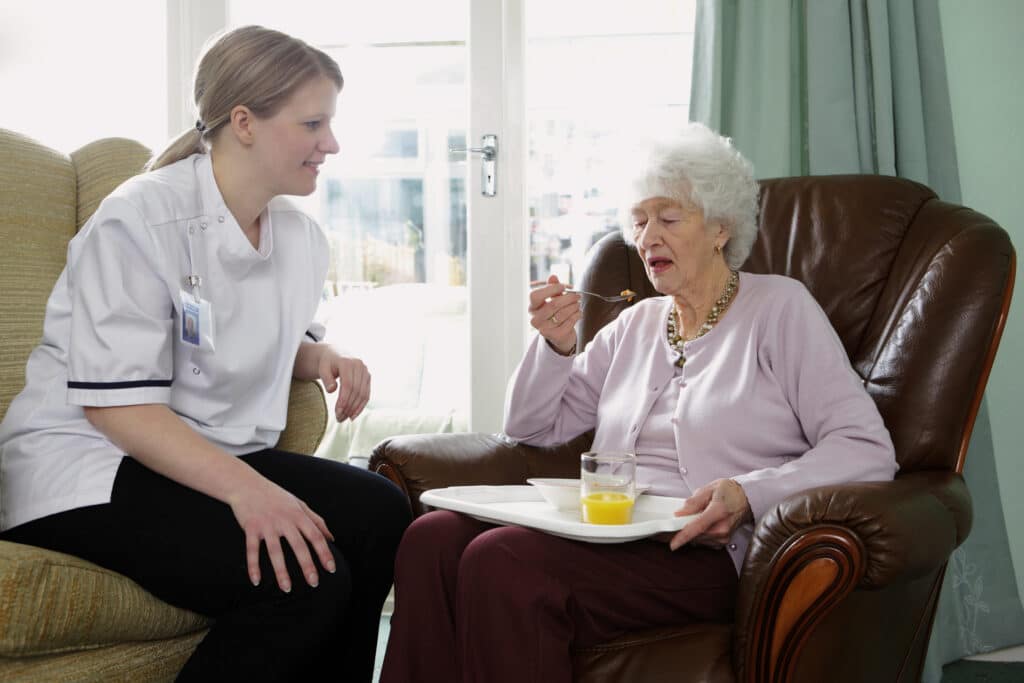The resistance you encounter when assisting your elderly loved one may be indicative of his or her paranoia, which is very common among seniors who are in the advanced stages of dementia. For example, your elderly father exclaims “Ouch!” every time you transfer him from his bed to the toilet or vice versa. Even a gesture as gentle as applying lotion to your loved one’s skin evokes a knee-jerk reaction. There could be a number of underlying factors behind your loved one’s resistive behaviors, but before you diagnose his or her behavior as simply part of the progressive stages of Alzheimer’s and dementia, try to rule out the following:
- Medical history of fragile bones (e.g., osteoporosis)
- Recent knee/hip replacement surgery
- Undetected injuries
- Ear infections
- Spinal fractures
A thorough medical examination by your loved one’s doctor will do the trick. If, after a physical examination, you still cannot figure out the cause of your loved one’s fear of being moved, you can get help from a professional, certified 24-hour caregiver to assist with lifting, transferring, mobility, incontinence care, personal care, and more. The presence of a seasoned, professional live-in caregiver helps preserve healthy boundaries between you and your parent(s), as late-life paranoid symptoms can also take a toll on your emotional and mental health as well.






